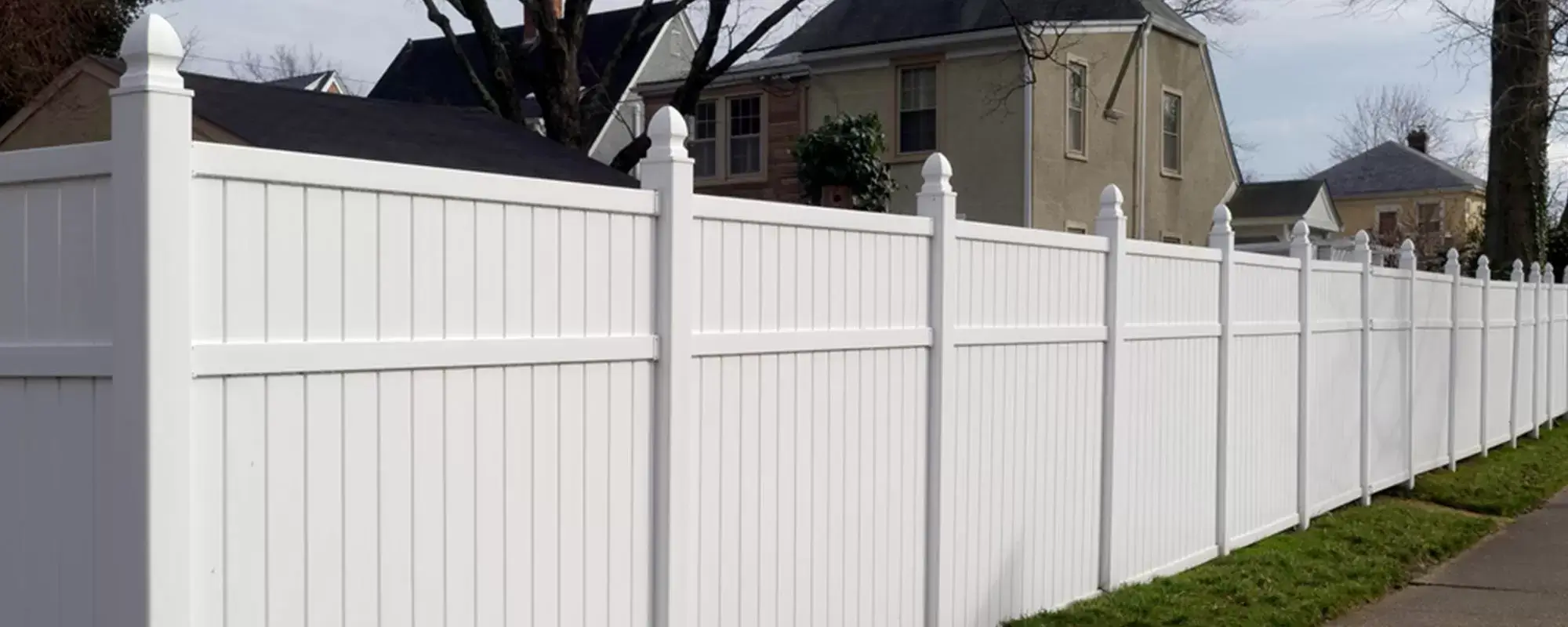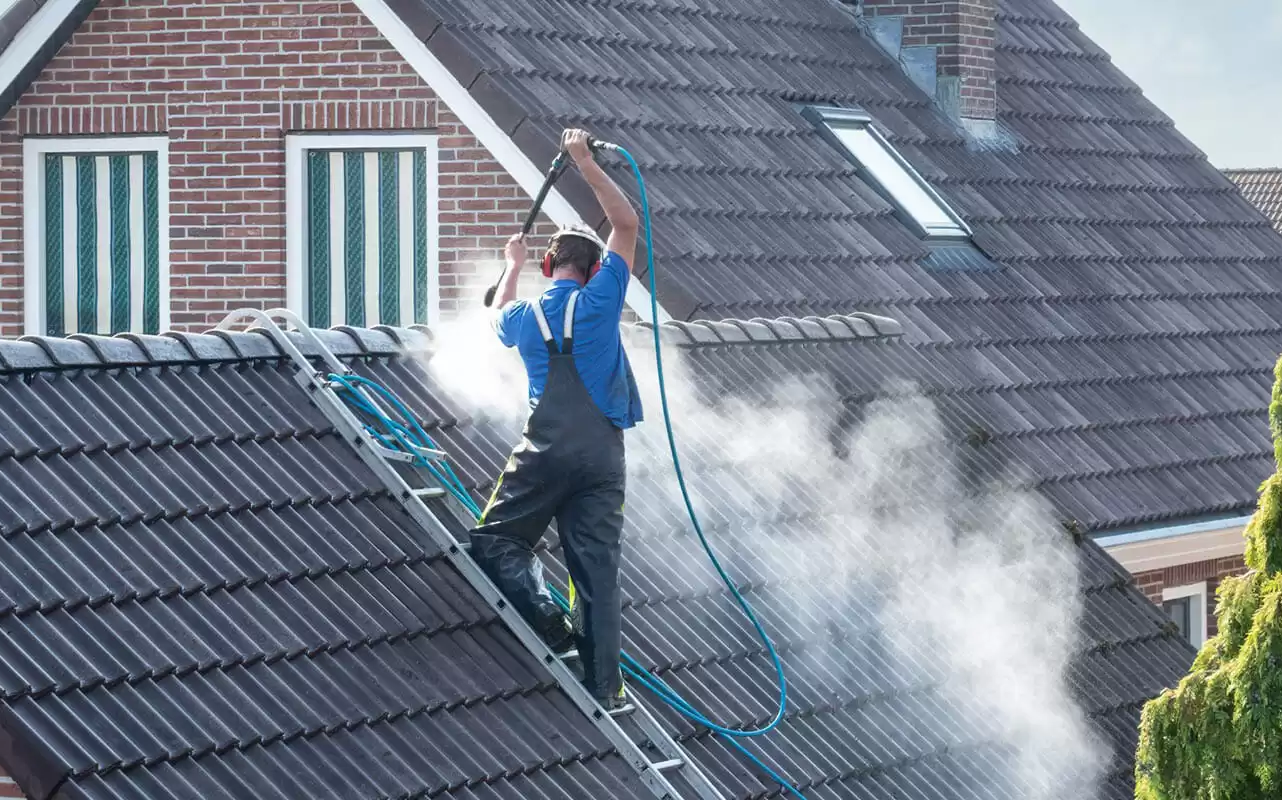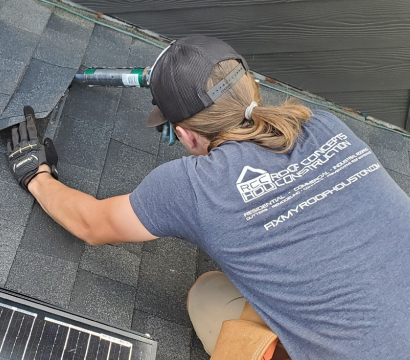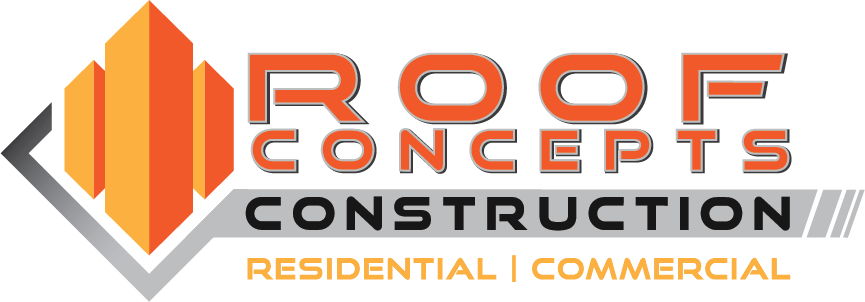Fencing Services in Houston, TX
Your Local Fencing Installation Specialists
Whether you’re looking to enhance your property’s security or privacy, our team at Roof Concepts Construction in Houston has got you covered. We can construct high-quality fences tailored to your exact specifications, ensuring exceptional craftsmanship and attention to detail in every project.
Imagine transforming your outdoor space into a sanctuary where you can unwind and enjoy moments with your loved ones. With our reliable fencing installation services, we’ll help you achieve just that. Contact us today to learn more about our fencing services!
Getting Your Job Done Right… The First Time!
- Financing Plans Available
- A Stress-Free Experience for All

0
Star Average Review
0+
Years of Experience
$0
RCC Defender Guarantee
0
Year Warranties



A Roofing Partner for the Long Haul
Choosing Roof Concepts Construction means choosing a team that truly cares about the long-term health of your roof. We know your roof is a major investment, and we’re committed to being your trusted partner through every season and storm. Our goal is to bring you peace of mind by supporting, advising, and delivering dependable results year after year. We honor your vision and work within your budget—never sacrificing quality—because we’re not just here for today’s project, we’re here for the life of your home.
Houston, TX, is our home. Our commitment to the community and the personal investment in each project we undertake establishes a deep sense of trust with our clients, making us a preferred choice for those looking to enhance their homes while contributing to the overall betterment of our beloved city.
